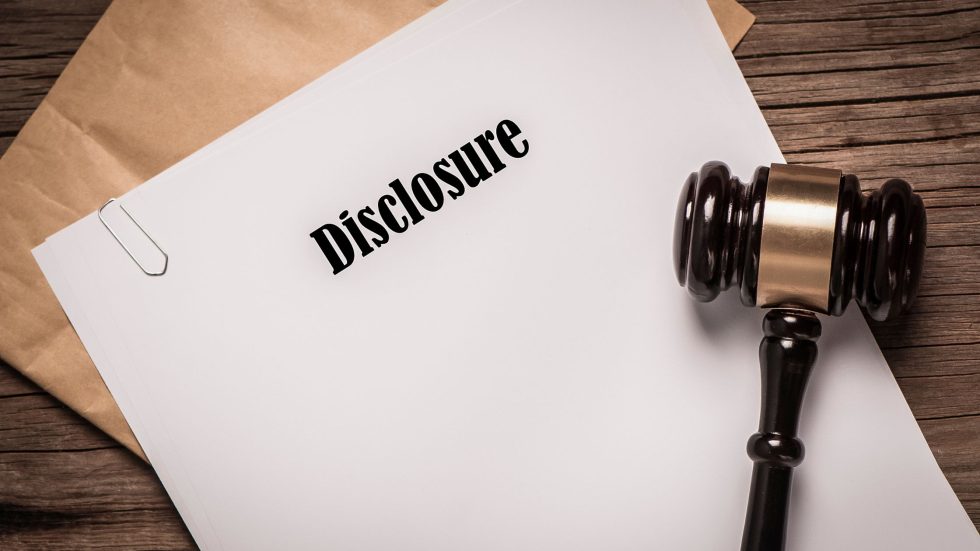Background
ESG investments have been increasingly popular in recent years, with India playing a significant role in this development and the Securities and Exchange Board of India (“SEBI”) issuing Circular No. SEBI/HO/CFD/CFD-SEC-2/P/CIR/2023/122 dated 12 July 2023 (“BRSR Circular”) pertaining to Business Responsibility and Sustainability Reporting (“BRSR”) Core as a framework for assurance and Environmental, Social, and Governance (“ESG”) disclosures for the value chain.
Indian businesses are progressively incorporating sustainability ideas into their framework for conducting business. By integrating ESG factors into their decision-making frameworks, many businesses are developing clear goals targeted at reducing their ecological footprint and enhancing their social and governance practices. There is still a lot of work to be done, even while there has been progress in the inclusion of ESG practices inside the Indian business environment. This is because there are several challenges that must be overcome, such as strengthening corporate resilience, implementing effective risk management, and ensuring stakeholder satisfaction.
and ensuring stakeholder satisfaction.
THE BRSR CORE
The Business Responsibility and Sustainability Reporting or BRSR Core, which is suggested in the BRSR Circular, has been designed to be a subcategory of the present Business Responsibility and Sustainability Reporting format, which was adopted by SEBI in 2021. The nine Key Performance Indicators (“KPI”) that make up the present BRSR format are used to evaluate the listed companies. Providing sustainable goods and services, advocating, and upholding human rights, working to protect and restore the environment, encouraging inclusive growth and equitable development, and ethically delivering value to consumers are a few of these.
The KPIs under Annexure I of the BRSR Circular were updated by the BRSR Core to include several additional qualities. These include trash management, employee well-being and safety, facilitating gender diversity, inclusive development, and greenhouse gas, water and energy footprint.
ESG Disclosures For Value Chain
Value Chain under the BRSR Core has been defined as, “the top upstream and downstream partners of a listed entity, cumulatively comprising 75% of its purchases/sales (by value) respectively.” It stipulates that disclosures for the value chain shall be made by the listed company as per BRSR Core, as part of its annual report. The listed entities shall report the KPIs in the BRSR Core for their value chain to the extent it is attributable to their business with their value chain partner. Such reporting may be segregated for upstream and downstream partners or can be reported on an aggregate basis.
ESG disclosures for the value chain shall be applicable to the top 250 listed entities (by market capitalization), on a comply-or-explain basis from FY 2024-25.
Assurance Provider
The criteria for assurance providers as given under the BRSR Core framework include the following: –
- Assurance providers must have the necessary expertise for undertaking reasonable assurances.
- The listed entity shall ensure that there is no conflict of interest with the assurance provider appointed for assuring the BRSR Core.
- Assurance providers or any of its associates should not sell its products or provide any non-audit/non-assurance related service including consulting services, to the listed entity or its group entities.
Analysis: Pros and Cons
SEBI’s implementation of ESG disclosure requirements for value chains is highly relevant in the current context, as this mandate ensures the participation of smaller businesses and intermediaries, such as the micro, small, and medium enterprise (MSME) sector, in adhering to the disclosure standards.
The implementation of ESG reporting standards would be facilitated by the integration of KPIs that particularly target the Indian markets, embracing both present and upcoming industries.
The implementation of BRSR Core is in line with the recommendations made by the Committee on Business Responsibility Reporting of the Ministry of Corporate Affairs (MCA). The Committee suggested using “BRSR Lite” to convey the ideas of sustainable reporting to unlisted business entities. As it requires a smaller number of characteristics and does not call for detailed disclosures of ESG aspects, BRSR Core can be seen as a reduced version of BRSR Comprehensive. Therefore, it is advantageous for small-scale enterprises to adopt the framework early on.
The BRSR Core format is also distinct from the BRSR main format since it encompasses KPIs that are not addressed within the regular BRSR format. Therefore, just receiving reasonable assurance for BRSR Core does not guarantee the overall reliability of the full BRSR disclosure. It solely enhances the reliability of BRSR Core parameters. This specific approach is anticipated to result in a significant bias towards BRSR Core inside internal ESG procedures. Reporting entities are likely to prioritize aligning BRSR Core with reasonable assurance standards, potentially at the expense of other disclosures. Hence, the implementation of BRSR Core, aimed at improving the dependability of ESG disclosures, has the potential to inadvertently divert attention and provide contrasting outcomes.
Investors may find the Core ESG rating to be a potential distraction, particularly considering the availability of two full ESG ratings. These ratings include one that is based on current global rating schemes and another that incorporates India-specific criteria, as per the decision made by the SEBI board.
The gathering and analysis of data might present a significant difficulty when it comes to the disclosure of information. Due to a wide range of factors, it is probable that value chain partners would employ various methods of data collection and processing. This poses difficulties for the listed businesses in acquiring data for all KPIs. Monitoring and obtaining “third-party endorsed data” from a diverse range of value chain partners can be a challenging task due to the existence of disclosure laws.
Conclusion
While SEBI’s attempt to improve ESG compliance among listed companies is commendable, it is crucial to acknowledge that there are issues with the current framework that demand quick attention. The regulatory framework demonstrates several advantageous features intended to simplify reporting processes. These initiatives by SEBI show their commitment to establishing business entities that are socially and ecologically conscious, which lays the groundwork for fostering a responsible corporate environment. A sophisticated and flexible strategy that takes into account many traits of businesses and their value chain partners may increase the success and usefulness of ESG disclosures. With the help of this strategy, organisations may align themselves with international ESG disclosure requirements and pursue sustainable practices.
– Nehal Daga,
Associate, Solomon & Co.
About Solomon & Co.
Solomon & Co., (Advocates & Solicitors) was founded in 1909 and is amongst India’s oldest law firms. The Firm is a full-service firm that provides legal services to Indian and international companies and high-net-worth individuals on all aspects of Indian law.
“Disclaimer”
The information contained on this article is intended solely to provide general guidance on matters of interest for the personal use of the reader, who accepts full responsibility for its use. The application and impact of laws can vary widely based on the specific facts involved. As such, it should not be used as a substitute for consultation with a competent adviser. Before making any decision or taking any action, the reader should always consult a professional adviser relating to the relevant article posting.
Copyright © 2023 Solomon & Co., All rights reserved.
SEARCH BY PRACTICE AREA
SEARCH BY PRACTICE AREA Select Category Arbitration Banking & Finance Business & trade law / corporate commercial Capital Markets & Private Equity Capital Markets & Securities Law Corporate and M&A Infrastructure Insolvency & Restructuring Investment Funds & Private Equity Litigation & Dispute Resolution Media & Entertainment Real Estate
DISCLAIMER
There has been no advertisement, solicitation, invitation or inducement from us or any of our members to solicit work through this website. Receipt or use of this site does not create any lawyer-client relationship and should not be considered as an invitation for a lawyer-client relationship or construed as any form of legal advice.
Information on this website is for general informational purposes and we do not warrant that the content is up to date, complete or accurate. We are not liable for the consequences of any action taken by the user relying on the information provided on this website.
Our Privacy Policy | Copyright © 2020 Solomon & Co. India. All rights reserved.





